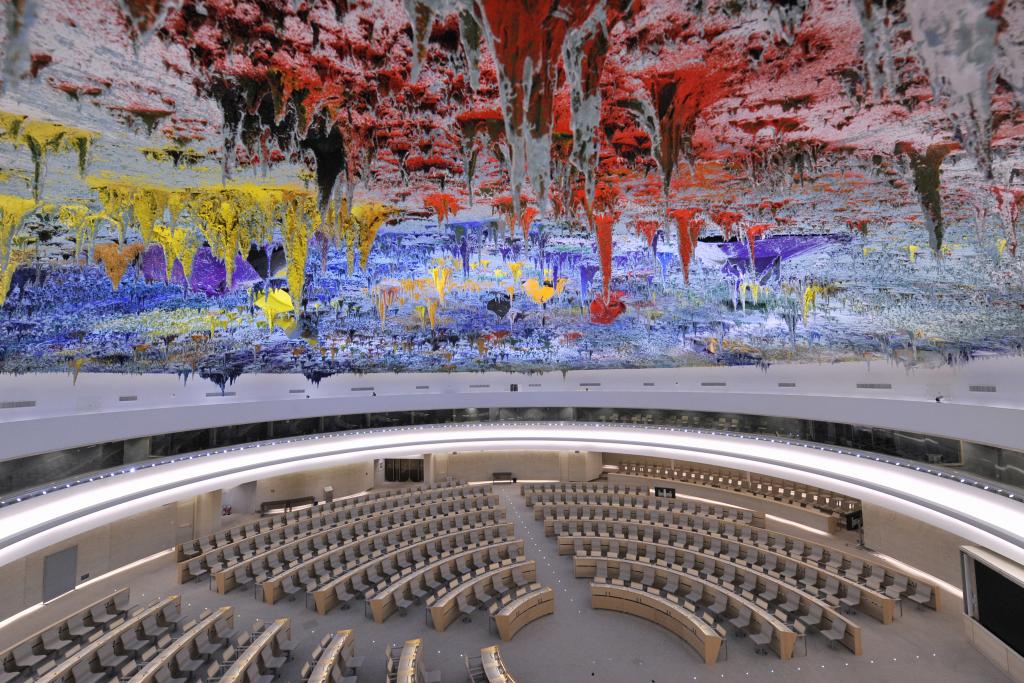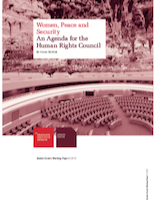This working paper argues that the Women, Peace, and Security (WPS) resolutions are part of an international tradition of human rights in that they reflect normative obligations from several major treaties, custom, and other sources of international law. It argues the relevance of two integrated approaches for eliminating human rights violations against women and girls in conflict prevention, during conflict, and in post-conflict settings:
- the integration of CEDAW General Recommendation 30 (GR30) with the WPS resolutions; and
- the integration of the three pillars of the UN (peace and security, development, and human rights).
Thus, the Security Council cannot and should not address human rights violations of women and girls in isolation; the implementation of the integrated WPS agenda requires an integrated approach by the United Nations as indicated in the 2030 Sustainable Development Agenda. In particular, the Human Rights Council can play an important role in advancing the implementation of the WPS agenda through its Universal Periodic Review, special mandates and other procedures including a more comprehensive gender analysis in their work on conflict-affected countries and strengthening the ability of special rapporteurs to report on the violations of women’s human rights in conflict and post-conflict settings.
Bulduk, Ceren. 2019. Women, Peace and Security. An Agenda for the Human Rights Council. Working Paper 9/2019. Geneva: Gender Centre, The Graduate Institute of International and Development Studies.
Banner image: © UN Photo/Jean-Marc Ferré



